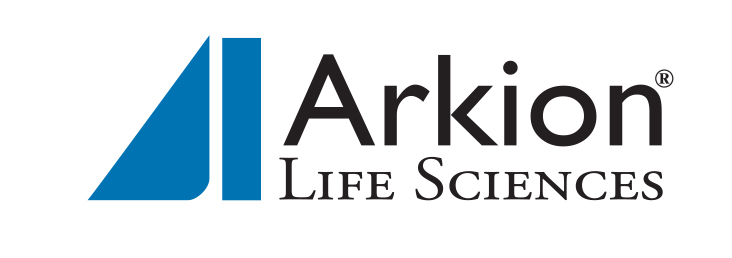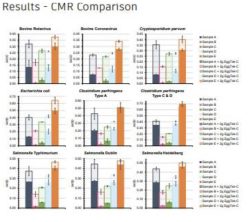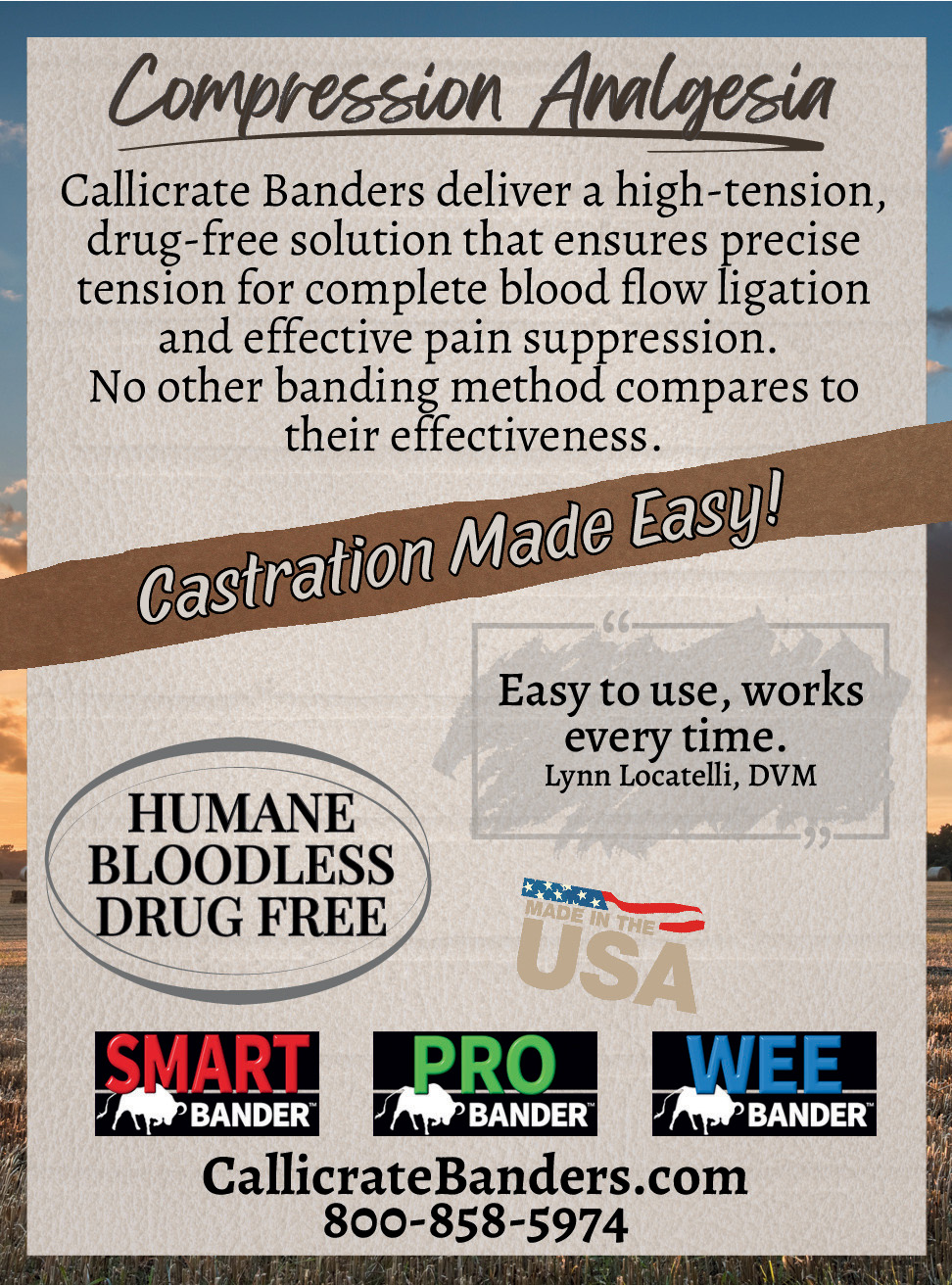IgY Boosts Antibody Titers in Milk Replacer

NEWS RELEASE
FOR IMMEDIATE RELEASE: Tuesday, July 18, 2024
Article and images courtesy of Arkion Life Sciences
IgY Boosts Antibody Titers in Milk Replacer
New research shows that adding IgY to commercial milk replacers significantly improves antibody titers for pathogens that impact pre-weaned calves.
Research presented at the American Dairy Science Association’s annual meeting in June, demonstrates that adding IgY, the avian equivalent of IgG antibodies, from EggTek®-C to commercial milk replacers can significantly improve the level of antibody titers against nine common pathogens. Higher antibody titers mean calves can mount a stronger immune response to protect themselves when enteric pathogens try to gain a foothold.
This research was a follow up study to one that measured total IgG and the specificity of IgG in five commercial milk replacers against nine pathogens, says Dr. Shawn Jones, Process and Development Manager at Arkion Life Sciences. Once results showed that not all IgG in commercial milk replacers provide the same level of protection, the next step was to determine if adding IgY from EggTek-C could improve antibody titers and therefore provide a stronger immune response.
To produce EggTek-C, Arkion formulates a proprietary vaccine consisting of 15 specific pathogens and vaccinates laying hens. The hens’ immune system generates IgY antibodies against these targets and deposits them in the egg yolk. The resulting eggs contain specific IgY antibodies and are collected, stored and processed into a whole egg powder at a USDA-inspected food-grade facility. This proprietary process is what allows EggTek-C to provide statically higher titers over other competitive IgY products available.
IgY works against enteric challenges in the gut. When fed with milk or milk replacer daily, it bathes the gut lining with IgY antibodies that can identify, bind up and remove foreign pathogens from the body to minimize disease, explains Dr. Roger Saltman, consulting veterinarian, RLS Management Solutions, Cazenovia, NY. IgY increases the amount of specific antibodies available in the gut lining to boost calves’ passive immunity during the first few weeks of life.
Five commercial milk replacers, containing milk-components only, were used in the analysis. Products from DFA, Denkavit, Land O’Lakes, Milk Specialties Global, and Provimi North America were all compared on the same basis (a 10 oz. dose). Samples were randomized and labeled A through E to focus on the trends revealed, not the brands.
First total IgG titers were determined for each sample using a commercial ELISA kit. Next the IgG from each of the five samples was purified. The IgY in EggTek-C was also purified in the same manner. The purified antibodies (both IgG and IgY) were then coupled to a horseradish peroxidase enzyme and used in direct ELISAs against: Bovine rotavirus, Bovine coronavirus, Cryptosporidium parvum, E. coli (mix of K88, K99, 987P and F41), Salmonella Typhimurium, Salmonella Dublin, Salmonella Heidelberg, Clostridium perfringens (Type A and Type C/D). Each sample was run in triplicate for each of the nine antigens tested.
Results were reported in A450 values (the absorbance at 450 nm), a common scale for ELISA. The A450 value is the raw output from the ELISA and is a measure of how much antibody is bound to a specific antigen. The higher the A450 value the higher the specificity of the antibody for that antigen and the better protection a calf has.
For the five calf milk replacers studied, adding 2 grams of IgY from EggTek-C improved theA450 values demonstrating improved antibody specificity. In fact, adding IgY to each of the five milk replacer samples statistically improved the A450 values (p-value <0.05) for all antigens tested except for three antigens in Sample E: C. perfringens Type A, C. perfringens Types C&D, and Salmonella Dublin. The milk replacer labeled as Sample E already had high A450 values for those three antigens, thus addition of IgY had no impact on these antigens. But adding IgY did increase the A450 values for the other six antigens in Sample E.
The magnitude of the titer increase depended on the starting level of titer in the calf milk replacer. For example, in milk replacer Sample B, which had low initial titers, the average increase was >1,000%. For milk replacer Sample E, the average increase in titers was 16%.

The results were clear. When IgY from EggTek-C was added to commercial milk replacers, the antibody titers against common enteric pathogens were statistically higher. That translates into more total antibodies working to protect calves from the pathogens that routinely impact calves during the first few weeks of life.
To learn more about the research go to www.egceligy.com or use the QR code below to view the ADSA presentation for ADSA Abstract #2495 “Improving Antibody Titers in Milk Replacers with IgY.”

###
About Arkion
Arkion® Life Sciences is a technology-based company that discovers, develops,
manufactures and markets environmentally friendly products and technologies that
provide modern solutions to today’s most significant problems. Arkion prices itself on
making innovative patent protected products that solve challenging problems for industrial
and consumer use.
CONTACT INFORMATION:
Michelle Tollefson, Director of Business & Marketing
EgCel® IgY Technology Business Unit
Phone: 302-504-7413
Email: mtollefson@arkionls.com
Website: www.egceligy.com



